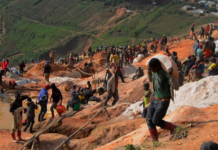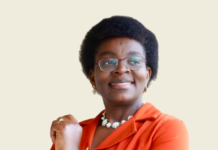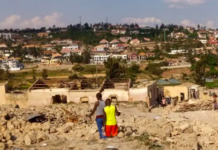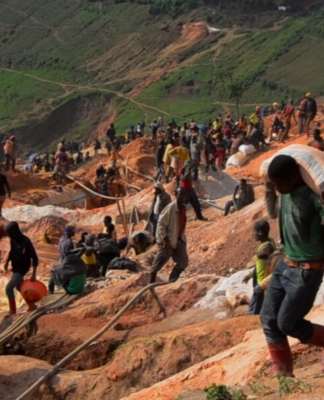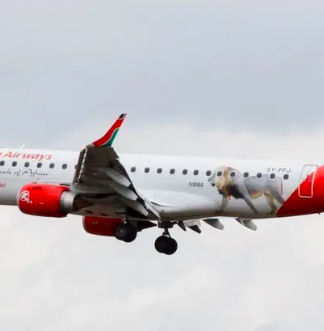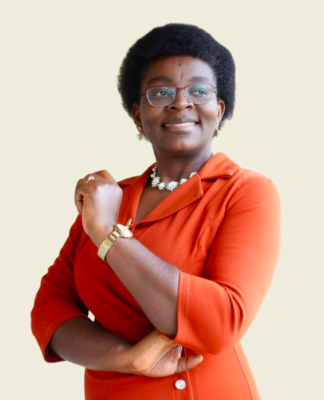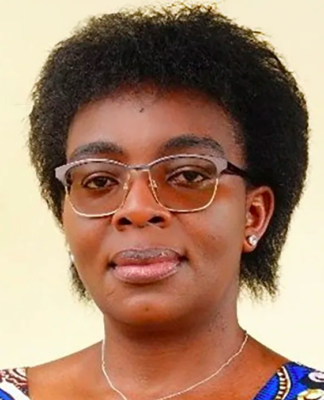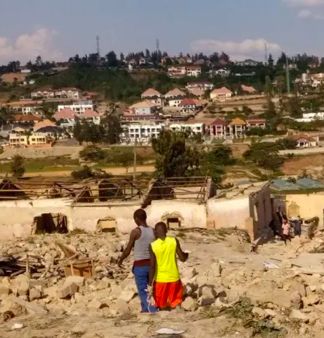In yet another display of ineffective summitry, the French president must eventually realize that convening useless gatherings achieves little. The latest event on the agenda was the New Global Financial Pact summit held in Paris on June 22nd and 23rd. It was meticulously prepared for six months by President Macron and his team. However, it is safe to say that the summit failed to deliver any viable solutions to the problems faced by developing countries, namely, crippling debt, poverty, and climate change. It is astonishing that countries in the Global South spend five times more on debt repayment than what they receive from their counterparts in the Global North. Yet, in Paris, the issue of debt was carefully avoided, as was any discussion on replacing the current global financial system embodied by the World Bank and the International Monetary Fund, rather than just restructuring or improving it. We are far from achieving such a goal, and in the absence of Joe Biden, who remained comfortably in Washington, no one dared to address it. Wasn’t the failure of such a summit foreseeable?
Despite this, around forty heads of state traveled to Paris, expecting a genuine awakening from the developed nations, followed by concrete actions prioritized on a timeline to address the grievances of the Global South. One of these concerns is the estimated annual climate-related losses ranging from $7 billion to $15 billion, according to Dr. Akinwumi Adesina, President of the African Development Bank (AfDB).
Unfortunately, their hopes were dashed as once again, polluting nations demonstrated worrying disinterest when faced with the consequences of their past actions and the opportunity to rectify them.
Only two African nations (out of the 80 present in Paris) can somewhat celebrate. The first is Senegal, which secured a €2.5 billion allocation to achieve a 40% share of renewable energy in its energy mix by 2030. The second is Zambia, which, after three years of negotiations, obtained debt restructuring from its creditors. To accomplish this, Vice President Kamala Harris visited Lusaka on April 3rd, calling for a “swift” resolution of the country’s debt. The Paris Summit was the culmination of these pre-existing efforts.
Apart from these two cases, the other nations on the African continent received, as usual, new commitments (with no lasting impact) adding to the numerous unfulfilled promises, which they often struggle to remember. In 2020, developed countries pledged to provide $100 billion per year, unconditionally, to support climate action in developing countries. Three years later, this unfulfilled promise suddenly became a limited measure available only to African governments adopting green energy.
After recognizing that the success of the climate aspect of the new financial pact hinges on the energy transition in Western countries and the development of major emerging economies beyond fossil fuels, Emmanuel Macron criticized the idea of debt forgiveness for African countries. He claimed that it would complicate their access to future financing—an utterly demagogic statement considering it is a widespread demand in both Southern and even some Northern countries. Macron conveniently omitted discussing the issue of increased taxation on polluting entities like Total Energies, whose record profits are directly linked to the degradation of the planet’s ecosystem.
True to their nature, the West turns a deaf ear to Africa’s distress calls, focusing on its own problems instead of assuming responsibility. This attitude may prove counterproductive as the global order undergoes a significant redefinition, with the BRICS countries striving to propose an alternative to the dysfunctional systems established by the major powers since World War II.
The establishment of the BRICS Bank in Shanghai, presided over by former Brazilian President Dilma Roussef, instills hope and concern among Westerners, rooted in their inherent selfishness. This is likely why Macron is so eager to attend the upcoming BRICS Summit in Johannesburg at the end of August, hoping to gain insight into its internal functioning and undermine it from the outside. However, even if the current BRICS President Cyril Ramaphosa of South Africa were inclined to entertain such participation, Russian President Vladimir Putin closed the door from Moscow, stating that “hostile” countries would not be admitted to the summit. France is implicitly included in this statement.



